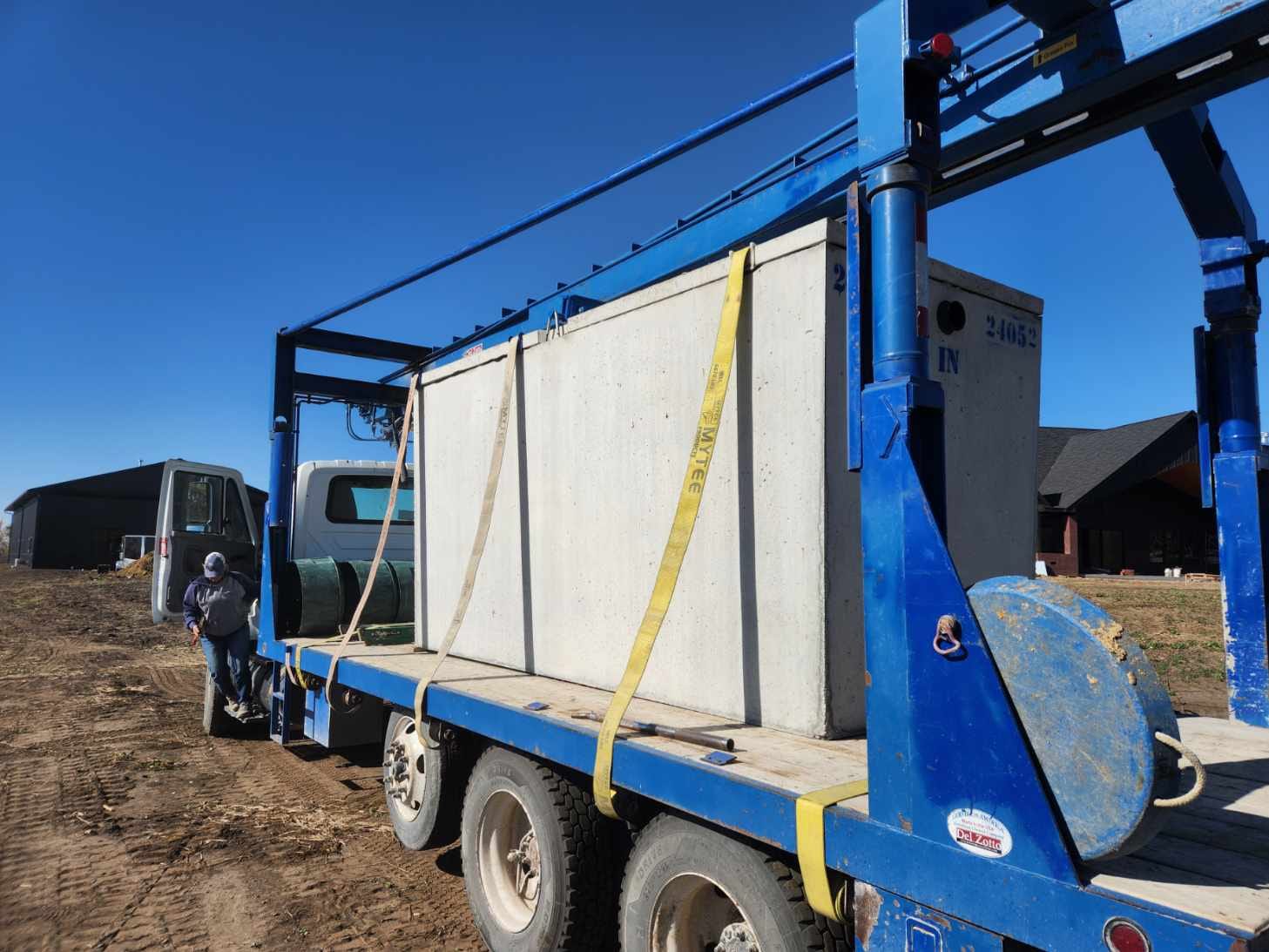
Essential Tips for Maintaining Your Septic System Year-Round Nov 04, 2025
Begin by understanding how your septic system works, as this knowledge forms the basis for proper maintenance. A septic system typically consists of a septic tank and a drain field. Wastewater flows from your home into the septic tank, where solids settle at the bottom, forming sludge, and oils float to the top, creating a scum layer. Bacteria in the tank break down these materials, and the remaining liquid, now called effluent, flows into the drain field for further filtration. Knowing this process helps you appreciate why regular maintenance is crucial.
The first tip for maintaining your septic system is to schedule regular inspections and pumping. Generally, your septic tank should be inspected every one to three years and pumped every three to five years, depending on its size and the number of people in your household. Regular inspections allow professionals to check for leaks or clogs and ensure the system functions optimally. Consistent pumping prevents the excessive buildup of sludge, which could overflow into the drain field and cause system failure.
Next, be mindful of what goes down your drains. Avoid flushing non-biodegradable items, such as wipes, sanitary products, and paper towels, as these can quickly lead to blockages. In the kitchen, limit the use of chemical cleaners and avoid pouring grease or oil down the sink. These substances not only take longer to decompose but can also cause significant damage to your septic system.
Another essential tip is to use water efficiently. Excessive water use can overload your septic system, hindering effective waste processing. Consider installing high-efficiency fixtures in your home, such as low-flow toilets and showerheads. Additionally, spread laundry loads throughout the week rather than doing them all in one day to prevent overwhelming the septic system.
Proper landscape planning around your septic system can also prevent costly repairs. Ensure that the area above your septic tank and drain field is free from large trees or shrubs whose roots might infiltrate the system. Grass is the most suitable cover, as it helps with oxygen exchange and prevents erosion. Avoid placing heavy structures, such as sheds or pools, over your septic components to prevent damage.
Finally, educate all members of your household about septic system maintenance. This includes reminding them of what not to flush and how to use water efficiently. The more everyone understands their role, the more effectively you can maintain your septic system's health.
Maintaining your septic system year-round is key to ensuring its longevity and functionality. By scheduling regular inspections and pumping, being careful with what you flush, using water wisely, and planning your landscape appropriately, you can avoid potential septic issues. At Precision Excavating and Septic, we are committed to helping you keep your septic system in top shape. For more guidance or to schedule a professional inspection, contact us today and let our experts provide you with peace of mind.
/filters:no_upscale()/media/c78b1016-a344-4a0c-8ecd-ad84d6e38f2c.jpeg)